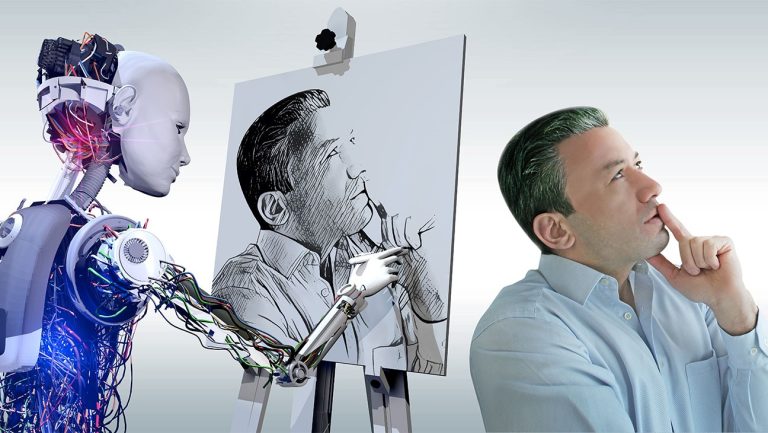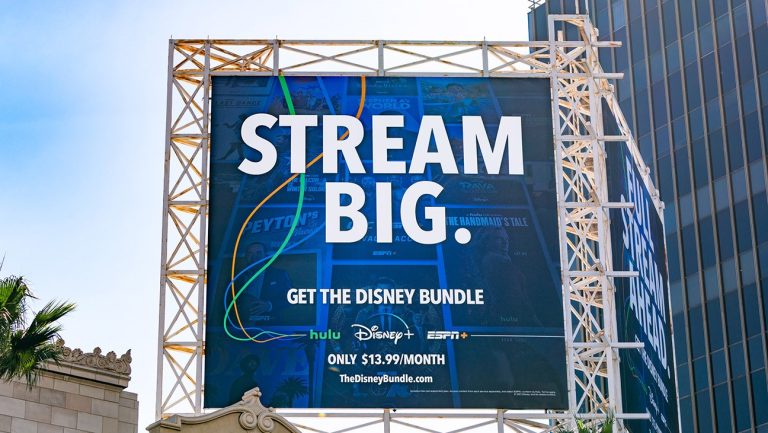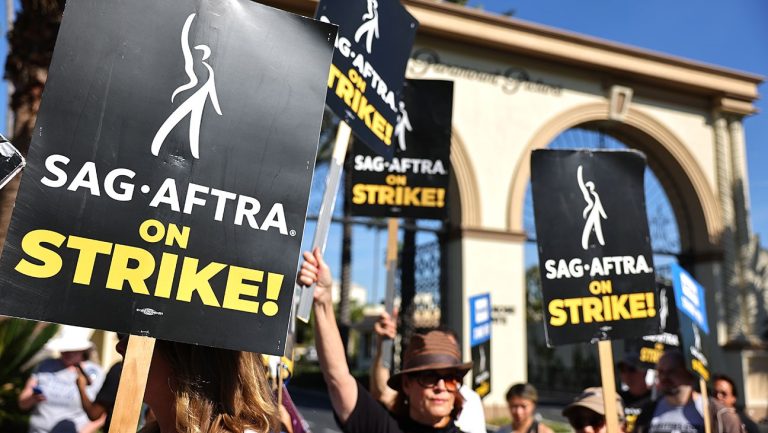Major players across Hollywood are taking to the courts to address what they argue is mass copyright infringement in violation of their intellectual property rights.
A trio of major music publishers are stepping into the legal battle against generative artificial intelligence to stop the use of their copyrighted material to train AI systems, this time in a lawsuit against Anthropic.
Universal Music Group, Concord Music Group and ABKCO sued the company in Tennessee federal court Wednesday, accusing it of “systematic and widespread infringement” by copying and distributing lyrics from at least 500 songs from artists such as Katy Perry, the Rolling Stones and Beyoncé.
The lawsuit, which is the first from a music publisher against an AI company over the use of lyrics, was filed in the wake of the Authors Guild — representing a host of prominent fiction authors including George R.R. Martin, Jonathan Franzen and John Grisham — suing OpenAI last month. The leading trade group for writers claimed that the Sam Altman-led company engaged “in a systematic course of mass-scale copyright infringement” to “power their lucrative commercial endeavor.” It marked at least the third legal action against OpenAI over its use of copyrighted books to train GPT.
Anthropic has neither sought nor secured Publishers’ permission to use their valuable copyrighted works in this way,” states the complaint. “Just as Anthropic does not want its code taken without its authorization, neither do music publishers or any other copyright owners want their works to be exploited without permission.”
As evidence of “Anthropic’s mass copying and ingestion of Publishers’ song lyrics,” the lawsuit points to the company’s Claude AI chatbot providing the lyrics to songs owned by the publishers. When asked the lyrics to Katy Perry’s “Roar,” which is owned by Concord, it provided an near-identical copy of the words in the piece.
The publishers argue there’s already an existing market that’s being undercut by Anthropic, which is backed by Amazon, pilfering their material without consent or payment, citing music lyric aggregators and websites that have licensed their works. By refusing to license the content its profiting off of, the company is “depriving Publishers and their songwriters of control over their copyrighted works and the hard-earned benefits of their creative endeavors, it is competing unfairly against those website developers that respect the copyright law and pay for licenses, and it is undermining existing and future licensing markets in untold ways,” according to the complaint.
The argument is meant to undermine Anthropic’s anticipated fair use defense, which was effectively reined in when the Supreme Court issued its recent decision in Andy Warhol Foundation for the Visual Arts v. Goldsmith. In that case, the majority emphasized that an analysis of whether an allegedly infringing work was sufficiently transformed must be balanced against the “commercial nature of the use.” The music publishers are attempting to establish that Anthropic’s alleged copyright infringement hurt their prospects to profit off of the material by interfering with potential licensing deals for use of their lyrics.
Additionally, the lawsuit argues that Claude is generating answers that contain copyrighted lyrics even when it’s specifically asked not to do so, like in prompts to write a song, provide chord progressions or write poetry in the style of a certain artist.
The music publishers claim direct copyright infringement, as well as vicarious and contributory infringement, among another claim for the allegedly illegal removal of copyright management information. They seek a court order to block Anthropic from continuing to use their copyrighted material and up to $150,000 in damages per infringement.
In a statement, Matthew Oppenheim, a lawyer representing the publishers, said, “It is well established by copyright law that an entity cannot reproduce, distribute, and display someone else’s copyrighted works to build its own business unless it secures permission from rightsholders.”
BY WINSTON CHO







